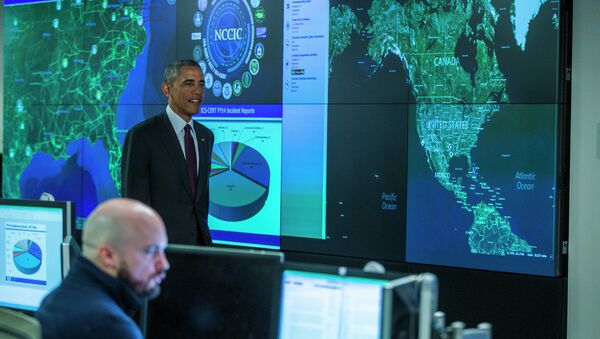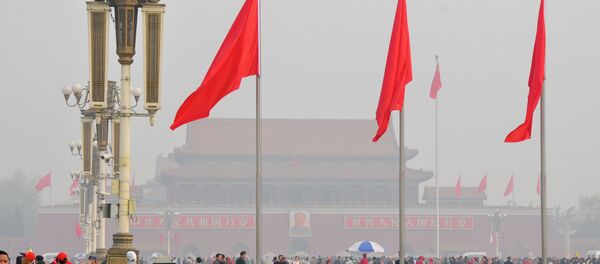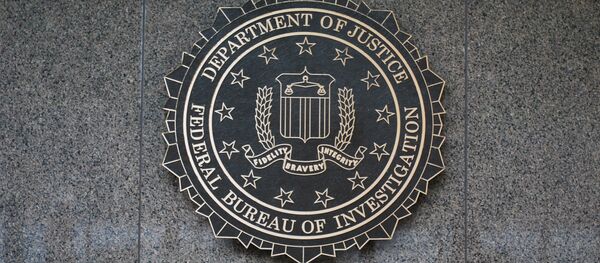"This is something that I've raised directly with President Xi," Obama said on Monday. "We have made it very clear to them that this is something they are going to have to change if they are to do business with the United States."
Beijing's new regulations would require technology products sold to China from foreign companies to be assessed for security risks, requiring companies to hand over the secret source codes of their products and undergo intrusive security testing.
In January, over a dozen US trade and business organizations sent a letter to the Chinese cybersecurity officials urging to postpone the new regulations.
Obama told Reuters that Beijing’s new rules would likely hurt the Chinese economy.
“I don't think there is any US or European firm, any international firm, that could credibly get away with that wholesale turning over of data, personal data, over to a government," Obama said.
China's new enhanced cybersecurity policy follows Beijing's attempts to revise cybersecurity standards after US National Security Agency's (NSA) whistleblower Edward Snowden revealed the broad scope of the United States' government mass surveillance program. The NSA was revealed to have embedded "backdoor" surveillance code in US software and hardware sold overseas.
Beijing's new policy follows Washington’s decision to block China's technology giant Huawei last spring from selling its products in the United States over fears Huawei could plant code in its technology that China could exploit to access sensitive information.




